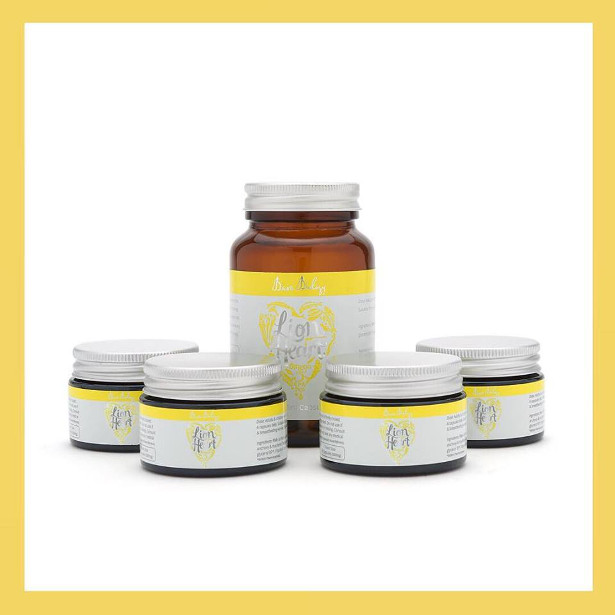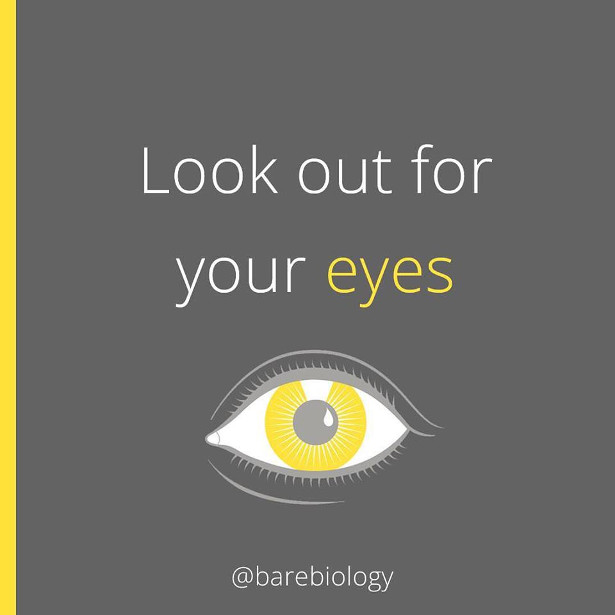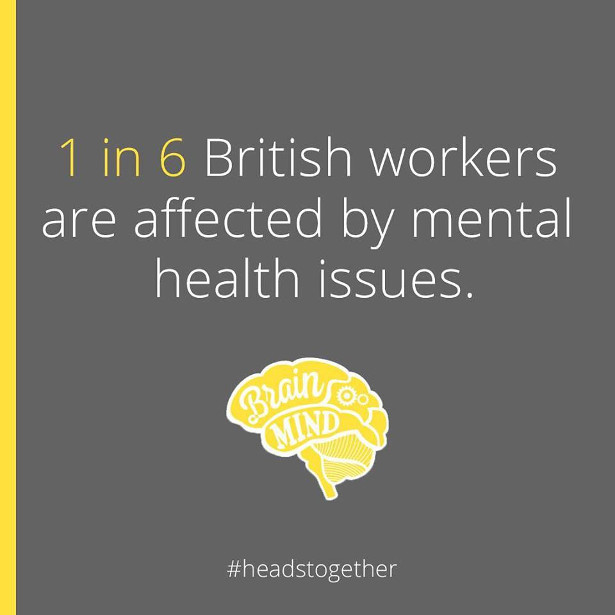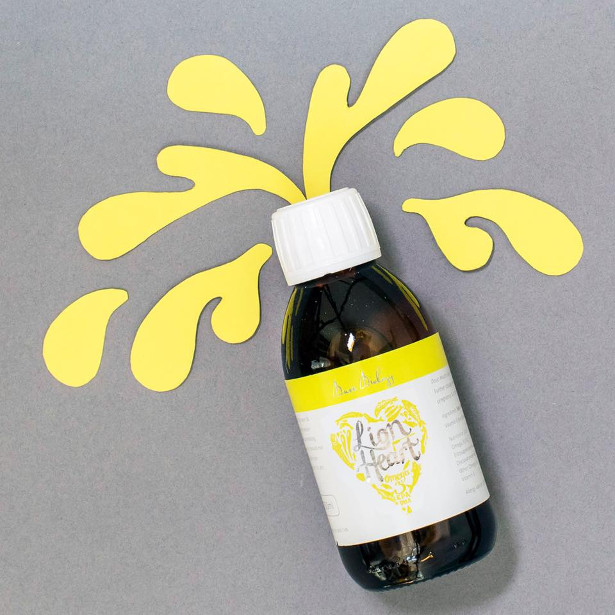
11 surprising things you didn’t know Omega 3 could help with

TWITTER | FACEBOOK | INSTAGRAM
Your blood pressure’s normal, your joints are creak-free and the only mood swings you get take you from cheery to chipper. In short, you’re mentally and physically as strong as an ox. There’s no point in you taking Omega 3, right?
Wrong. While upping your intake of the essential fatty acid is a no-brainer when it comes to reducing your risk of high blood pressure, arthritis and depression, Omega 3 has more proven health benefits than you can shake a salmon fillet at.
From shifting that last half stone to finally quitting nicotine for good, here are 11 surprising benefits of Omega 3. Cast your eye over this little lot – then run to buy a bottle of fish oil before they all sell out.
1. Omega 3 turns you into a fat burning machine
Could the secret to losing that last half stone be found in your medicine cabinet? A team of researchers from Kyoto University believe so. They found that feeding mice a daily dose of Omega 3 activated receptors in their digestive tracts which encouraged fat-storage cells to turn into fat-burning cells instead. They believe the metabolic boost seen in the rodents could apply to us humans, too.
2. Omega 3 helps you build lean muscle
How about some lean muscle to go with your weight-loss? A study in medical publication, Ageing, found that supplementing with Omega 3 fatty acids stimulated protein synthesis in older adults, bringing with it greater increases in muscle. But a further study from 2011 found it had a similar effect on healthy young and middle aged adults, too. In fact, after supplementing with Omega 3 for eight weeks – and crucially with no change to their usual diet and activity levels – both the participants’ muscle protein concentration and muscle cell size were larger.

3. Omega 3 fights wrinkles and sun damage
So can Omega 3 help you to look younger? It would appear it can. High levels of Omega 3 have been shown to help skin cells hold onto water and plumper skin cells mean a younger looking appearance. But that’s not all. A 2005 study found that EPA can block the release of enzymes caused by sun damage, boosting collagen and helping prevent lines and sagging skin.
4. Omega 3 can help with hair loss
Hair loss is frighteningly common. In fact according to the NHS, nearly 50% of men and 8 million women will be affected. While some hair loss, particularly male pattern baldness, is genetic, nutritional deficiencies are known to affect the state of your mane. According to a study published in the Journal of Cosmetic Dermatology, women who consumed supplements rich in Omega 3 and fatty acids showed a reduction in hair loss, as well as increased volume and hair thickness.
5. Omega 3 curbs binge drinking…
Partial to something grapey in the evenings? Taking fish oil may be a good idea, particularly if you find it hard to stick to just one medicinal glass. In a 2011 study researching the effects of Omega 3 on bipolar disorder, scientists made an accidental, but fascinating, discovery. They performed tests on booze-loving mice and found that Omega 3 stopped the thirsty rodents binge drinking by reducing their desire for alcohol.
6. Omega 3 protects the brain from alcohol abuse
Human studies have shown that long-term alcohol abuse causes brain damage and even increases the risk of dementia. However, scientists from Loyola University in Illinois have found that Omega 3 fatty acids reduce the dementia risk among individuals who consistently abuse alcohol, fighting inflammation and even preventing brain cell death.
7. Omega 3 can ease PMS
Whether your pre-period woes take the form of mood swings, breast tenderness or headaches, Omega 3 has been proven to help. In a 2013 study published in the peer-reviewed Complementary Therapies in Medicine, women given 2g of Omega 3 per day for three months saw a huge reduction in symptoms such as depression, anxiety and bloating.


8. Omega 3 can delay the onset of menopause
Going through the menopause early is not ideal as it can leave you at an increased risk of both osteoporosis and heart disease. But when it comes to timing, you can’t exactly argue with Mother Nature. Or can you? A study published in the Journal of Epidemiology and Community Health looked at 900 UK women aged between 40 and 65. A diet rich in oily fish was the food most consistently linked with later onset of menopause, with a 90g daily portion associated with a delay of 3.3 years.
9. Omega 3 can make your dog behave
Like humans, dogs can’t make their own Omega 3. They need to get the essential fatty acid from their diets and its vital for both their skin and coats. But there are even more dog benefits than that. A 2004 study found that puppies with a high-DHA diet appeared to be more trainable than puppies with a low-DHA diet, while an Italian study found that, compared to normal dogs, aggressive dogs had lower levels of the Omega 3.
10. Omega 3 can help you get some shut-eye
While the occasional night of tossing and turning won’t harm your health, according to the NHS a chronic lack of sleep raises your risk of serious conditions such as obesity, diabetes and even heart disease. Oxford University researchers found that higher blood levels of the Omega 3 DHA (the main omega-3 fatty acid found in the brain) were significantly associated with better sleep and less sleep disturbance.
11. Omega 3 can save your sight
Dry eyes is the world’s most common eye complaint affecting up to 33% of the population. You’ll certainly know if you’ve got it. It’s characterised by itchy, stinging eyes and a sensitivity to light. But it’s more than just irritating, left untreated dry eye can cause long term damage, impaired vision and in some cases even blindness. According to a study published in Cornea, Omega 3 keeps the meibomian glands in your eyelids lubricated and can boost contrast sensitivity, helping your eyes to function properly in low light or fog.
Brought to you by Bare Biology.




ll11





















